Photo AI
Last Updated Sep 24, 2025
ESC Rights Overview Simplified Revision Notes for NSC Business Studies
Revision notes with simplified explanations to understand ESC Rights Overview quickly and effectively.
211+ students studying
ESC Rights Overview
This document provides a comprehensive overview of Economic, Cultural, and Social (ESC) Rights, which play a vital role in enhancing the quality of life and preserving human dignity.
Definitions and Characteristics
Definitions
-
Economic Rights: Rights linked to economic well-being, such as employment, equitable compensation, and property ownership.
-
Social Rights: Rights that guarantee access to essential public services like healthcare and education.
-
Cultural Rights: Rights enabling participation in cultural activities, including access to arts and sciences, and broader expressions of creativity.
Quick Reference:
- Economic Rights: Employment, equitable compensation, property ownership.
- Social Rights: Healthcare, education.
- Cultural Rights: Cultural participation, creative expression.
Characteristics
-
Universality: ESC rights are universal and apply to all individuals. For instance, education is recognised as a right for all children, irrespective of their background.
-
Interdependence: The realisation of one ESC right is dependent on the fulfilment of others. For example, educational access can enhance employment prospects.
-
Indivisibility: All ESC rights are integral and interconnected, such as how adequate healthcare supports academic achievement by minimising illness-related absences.
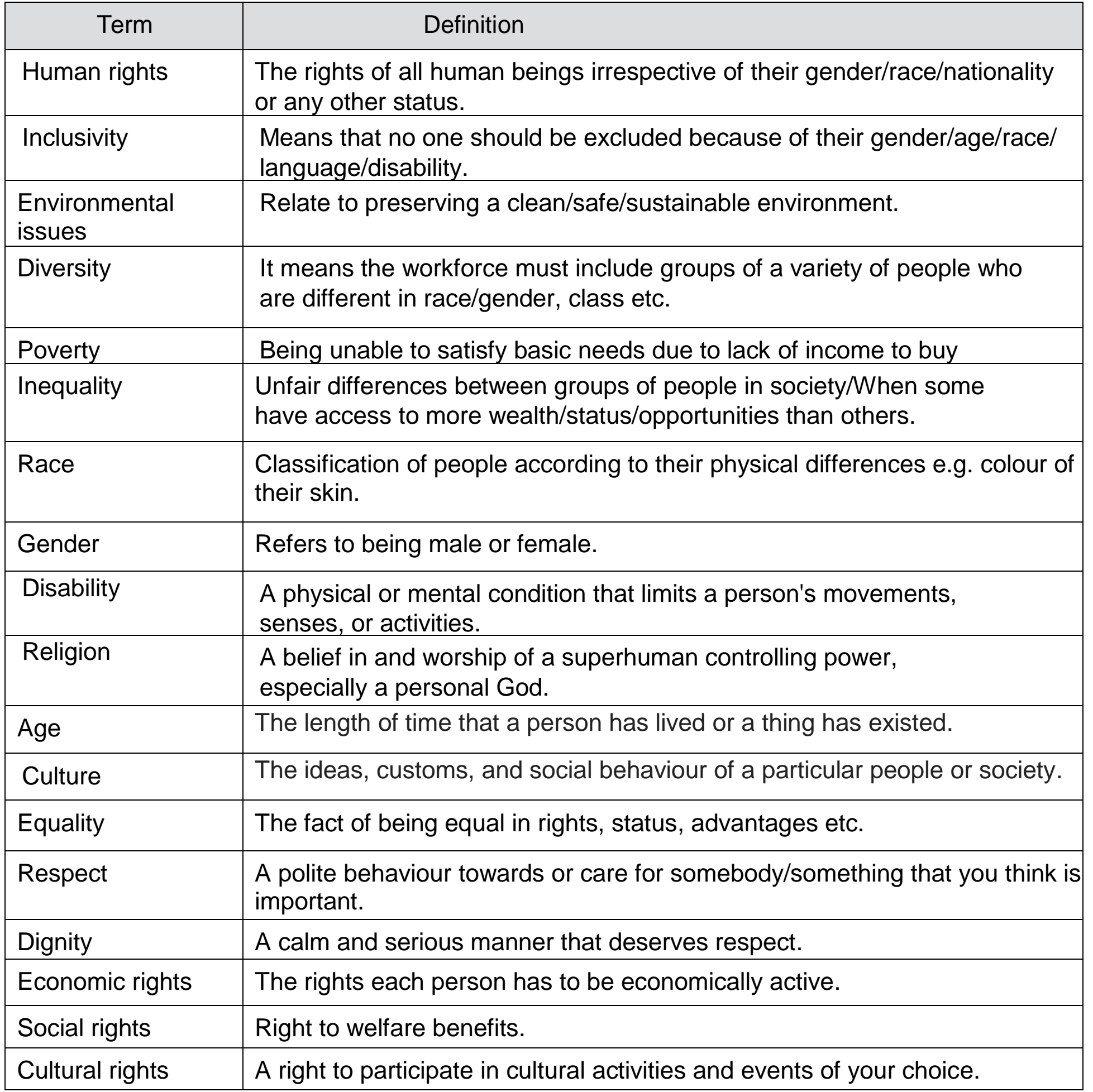
Specific Economic, Social, and Cultural Rights
Comprehension of ESC rights is crucial for safeguarding these essential human rights globally. This section elaborates on the frameworks, challenges, and instances of these rights.
Right to Work
-
International Frameworks: The International Labour Organisation (ILO) establishes worldwide criteria for equitable labour conditions.
- Key considerations include: safety, gender equality, and equitable compensation.
-
National Frameworks (Australia):
- The Fair Work Act ensures equity and justice in Australian workplaces.
- Impact: Over 10 million workers benefit from this legislation.
Fair Work Act: Guarantees fairness, safety, and equality in the workplace.
- Key Issues:
- Gender Disparities: Women earn approximately 17% less than men.
- Unemployment: Persistent structural issues.
- Workplace Safety: Necessity for improved safety frameworks.
Right to Social Security
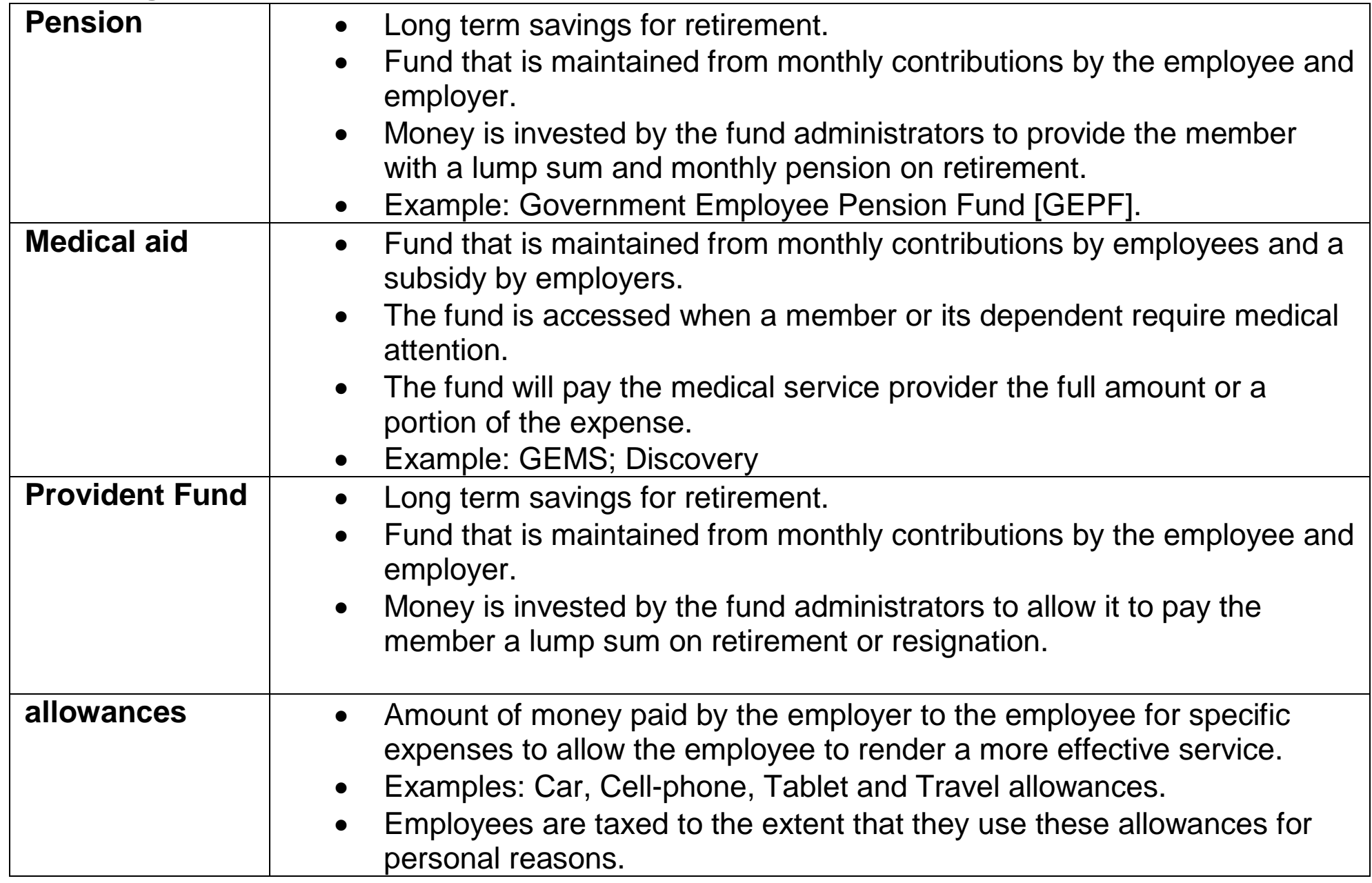
- International Treaties: The International Covenant on Economic, Social and Cultural Rights (ICESCR) mandates the global protection of these rights, emphasising social security for vulnerable groups.
- National Implementation (New Zealand):
- Extensive social security programmes include unemployment and pension benefits.
- Challenges: Adapting to an ageing population and rising costs.
Adequate Standard of Living
- Components: Fundamental needs encompass food, housing, and clothing.
- Right to Food: Access to a nutritious, sufficient supply.
- Right to Housing: Secure and habitable living conditions.
- Right to Clothing: Climate-appropriate apparel ensuring comfort and health.
Adequate Standard of Living: Ensuring secure access to food, housing, and clothing is essential for all.
- Challenges:
- Economic Inequality: Impacts access to essentials.
- Housing Crises: Rising homelessness due to affordability challenges.

Right to Health
- Concepts: Healthcare must be universally accessible and of high quality.
- Key Issues:
- Affordability: Financial constraints limit healthcare access.
- Quality of Service: Quality varies across different regions.
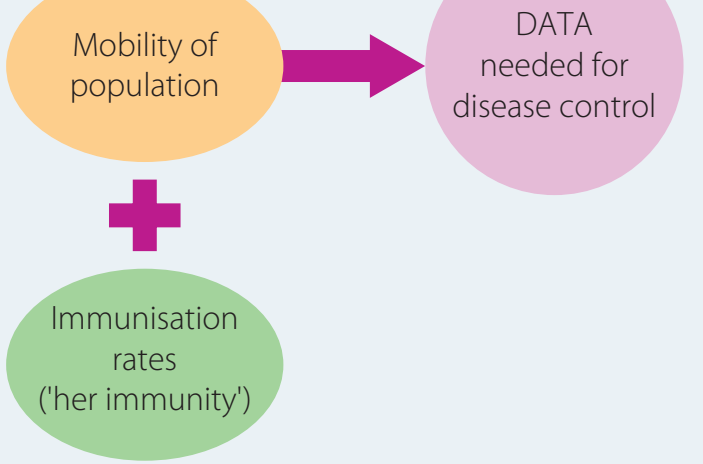
Cultural Participation
- Barriers:
- Discrimination: Restricts participation of marginalised groups.
- Lack of Resources: Limits cultural experiences.
- Strategies:
- Promoting multicultural events and initiatives enhances inclusivity.
- Successful Policy Example: Government grants have significantly increased funding for cultural projects.
Legal Basis for Economic, Social, and Cultural Rights
Introduction to Legal Basis for ESC Rights
- ESC Rights: ESC rights constitute a category of human rights dedicated to enhancing quality of life and upholding human dignity.
- Importance: Legal frameworks are vital for transforming these rights into actionable commitments, ensuring governmental accountability in their adherence.
- Context: These rights are anchored in the Universal Declaration of Human Rights, establishing a worldwide framework that sets the standard for ESC rights.
ESC Rights: Include essential rights like education, health, housing, and work, crucial for human dignity.
International Covenant on Economic, Social and Cultural Rights (ICESCR)
- Provisions: Key provisions of the ICESCR include the right to work, social security, and cultural participation.
- Implementation Example: Norway's comprehensive social security initiatives exemplify successful adoption of the ICESCR, promoting equitable societal opportunities.
Regional Human Rights Treaties
- Overview: Notable regional treaties, like the European Social Charter, significantly bolster ESC rights by addressing specific regional contexts.
- Role in Upholding Rights: These treaties address regional needs, such as promoting labour standards and integrating cultural and social specificities.
The European Social Charter specifically enhances labour rights, ensuring robust employment standards.
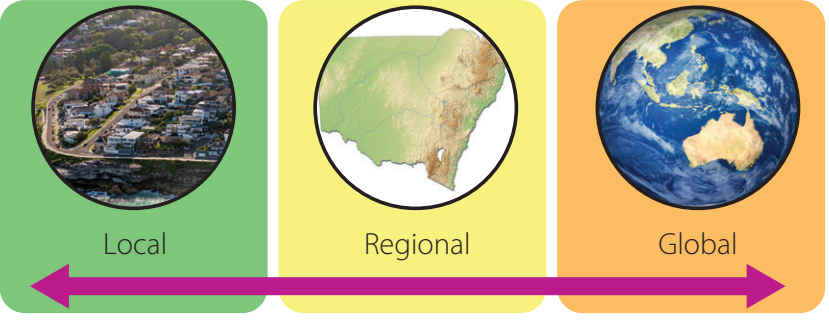
National Legislation
- Incorporation Table: Countries exhibit substantial variation in the incorporation of ESC rights into national legislation.
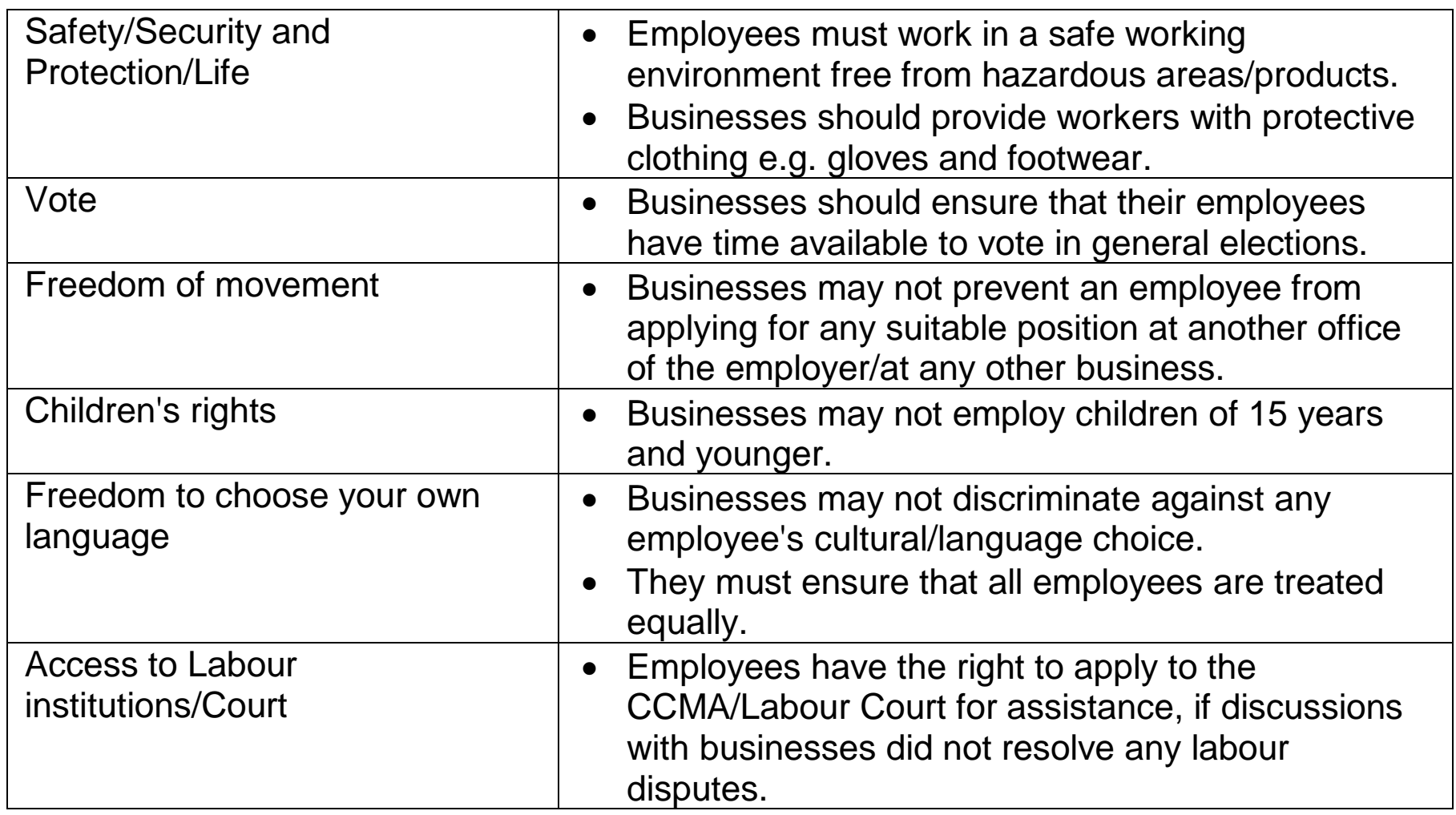
- Case Examples: Developed nations generally have comprehensive legal frameworks, whereas developing countries often adopt policy-oriented approaches.
Monitoring and Enforcement Mechanisms
- International Bodies: Organisations such as the Committee on Economic, Social and Cultural Rights (CESCR) and International Labour Organisation (ILO) ensure compliance with ESC rights.
Challenges in Legal Implementation
- Policy & Governance: Challenges include discrepancies between international standards and national legislation, corruption, and unstable governance.
Corruption, inadequate funding, and political instability remain significant obstacles to effective ESC rights implementation.
Main Challenges to Realisation
Resource Constraints
- Financial Limitations: Restrict access to health, educational, and social service programmes.
Effective budget planning examples demonstrate enhanced realisation of ESC rights.
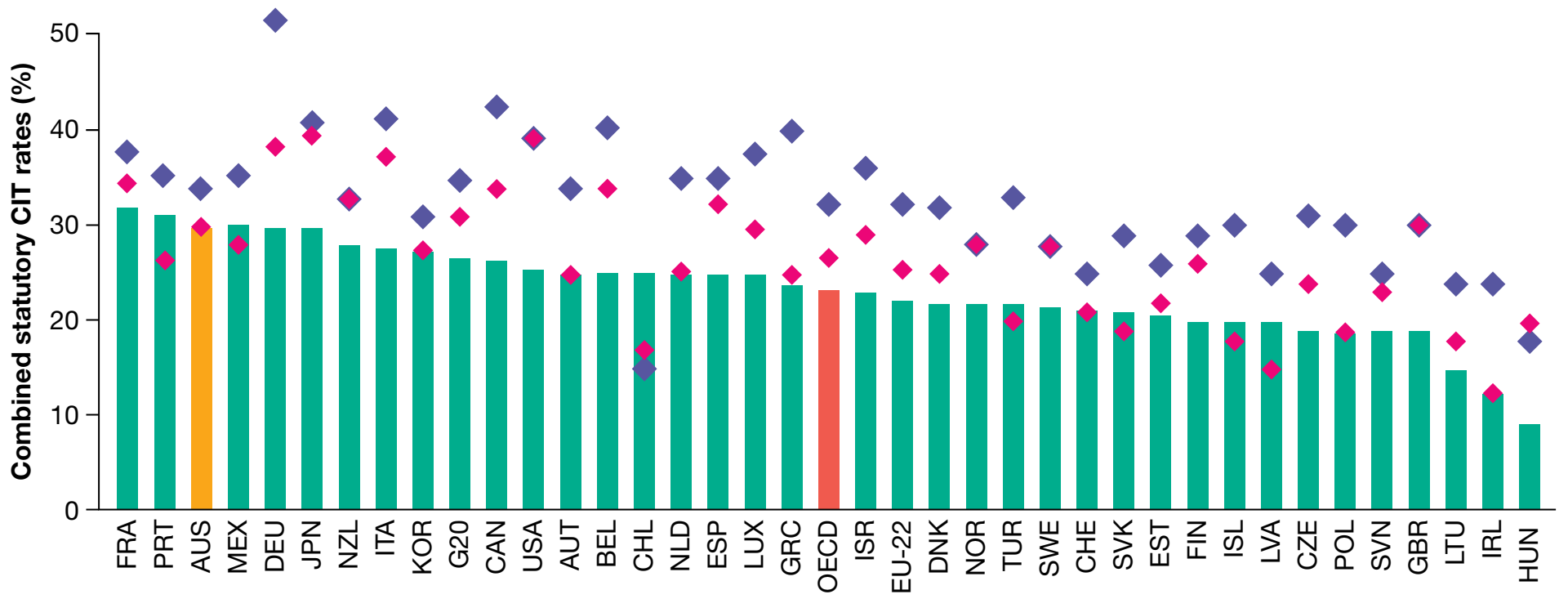
Discrimination and Inequality
- Key Systemic Issues: Widespread inequalities hinder service access for marginalised groups.
Personal narratives reflect the tangible impact of discrimination.
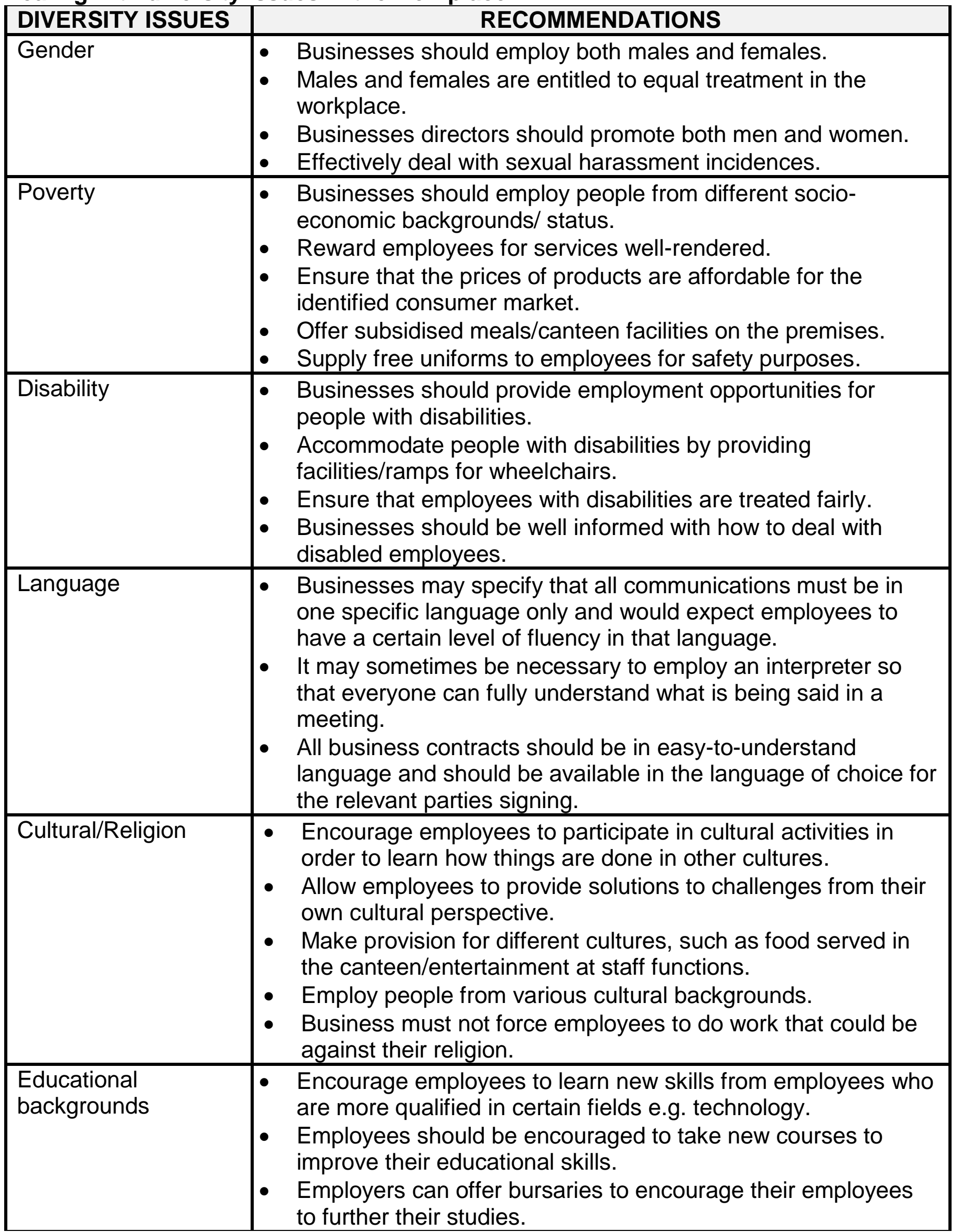
Globalisation
- Balanced Impact: Facilitates cultural exchange and economic growth but can result in exploitation.

Political Will and Governance
- Governance Significance: Illustrations of governance improvements enhancing rights access are indispensable.
Role of Governments
Policies and Initiatives
- National Minimum Wage (UK): Guarantees a basic income, enhancing living standards.
- Social Protection in South Africa: The National Health Insurance programme broadens healthcare services, affecting access and reducing poverty levels.
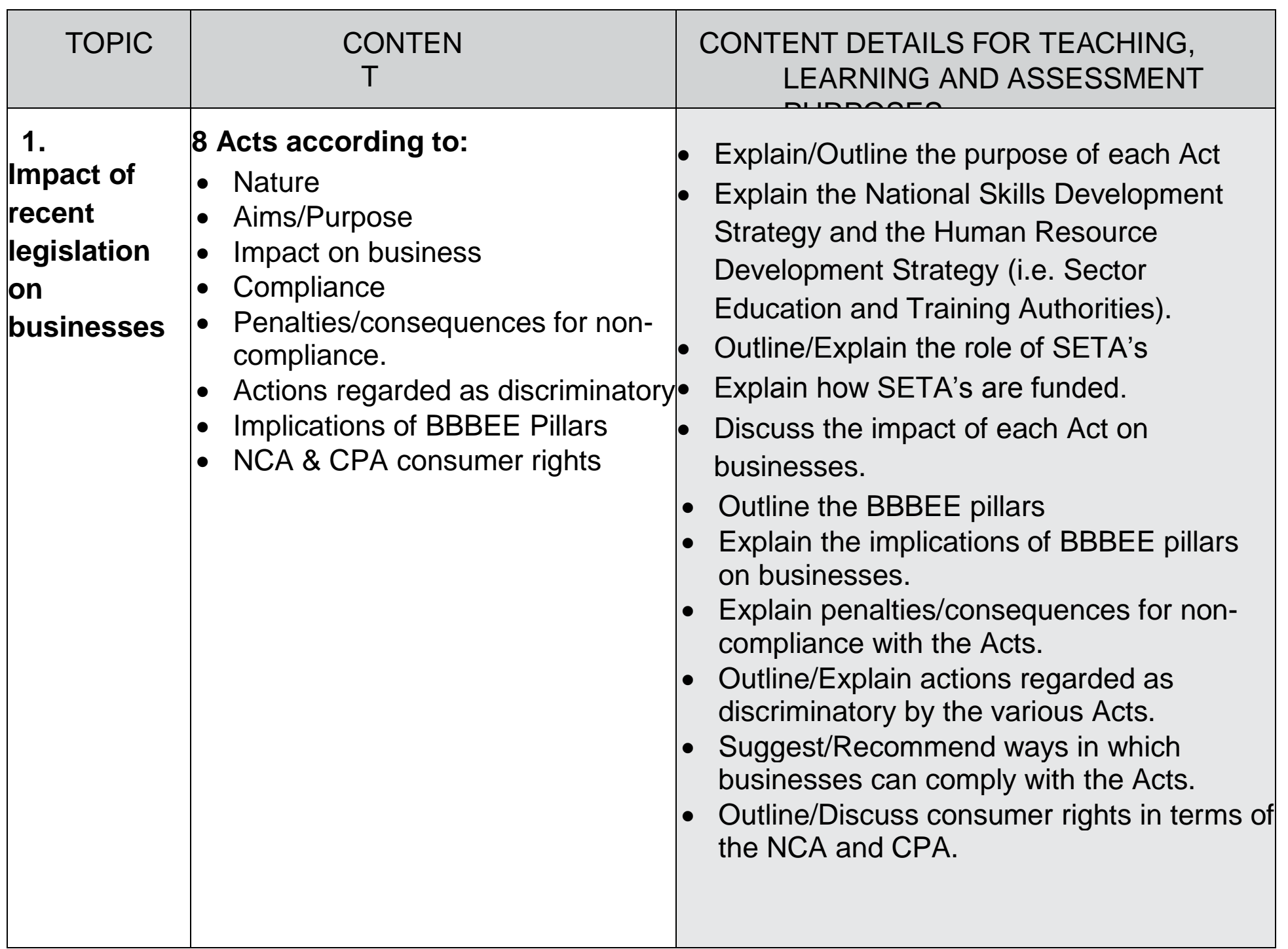
Civil Society Contributions
Monitoring and Advocacy
- Role of CSOs: Crucial in enforcing ESC rights through advocacy and continual monitoring.

International Organisations
UN Frameworks
- SDGs: Deliver significant global impacts through targeted objectives and initiatives.
Programmes and Initiatives
- UNICEF's Influence: Substantial impacts through immunisation efforts, decreasing child mortality rates.
Collaborations & Partnerships

Overview of Global Case Studies
The Nordic Nations
- Comprehensive welfare and public service systems successfully implement ESC rights.
South Africa
- Constitutional dedication to ESC rights faces ongoing challenges due to socio-economic inequalities.
Socio-Economic Disparities: Persistently challenge rights equality due to vast income and access inequalities.
Role of Civil Organisations
- Right to Food Campaign in India highlights the effectiveness of grassroots movements.
Influential Advocacy: Demonstrates the capacity of CSOs to drive substantial policy transformations.
Real-World Examples and Lessons
- Educational visuals exemplify how local solutions result in policy changes.
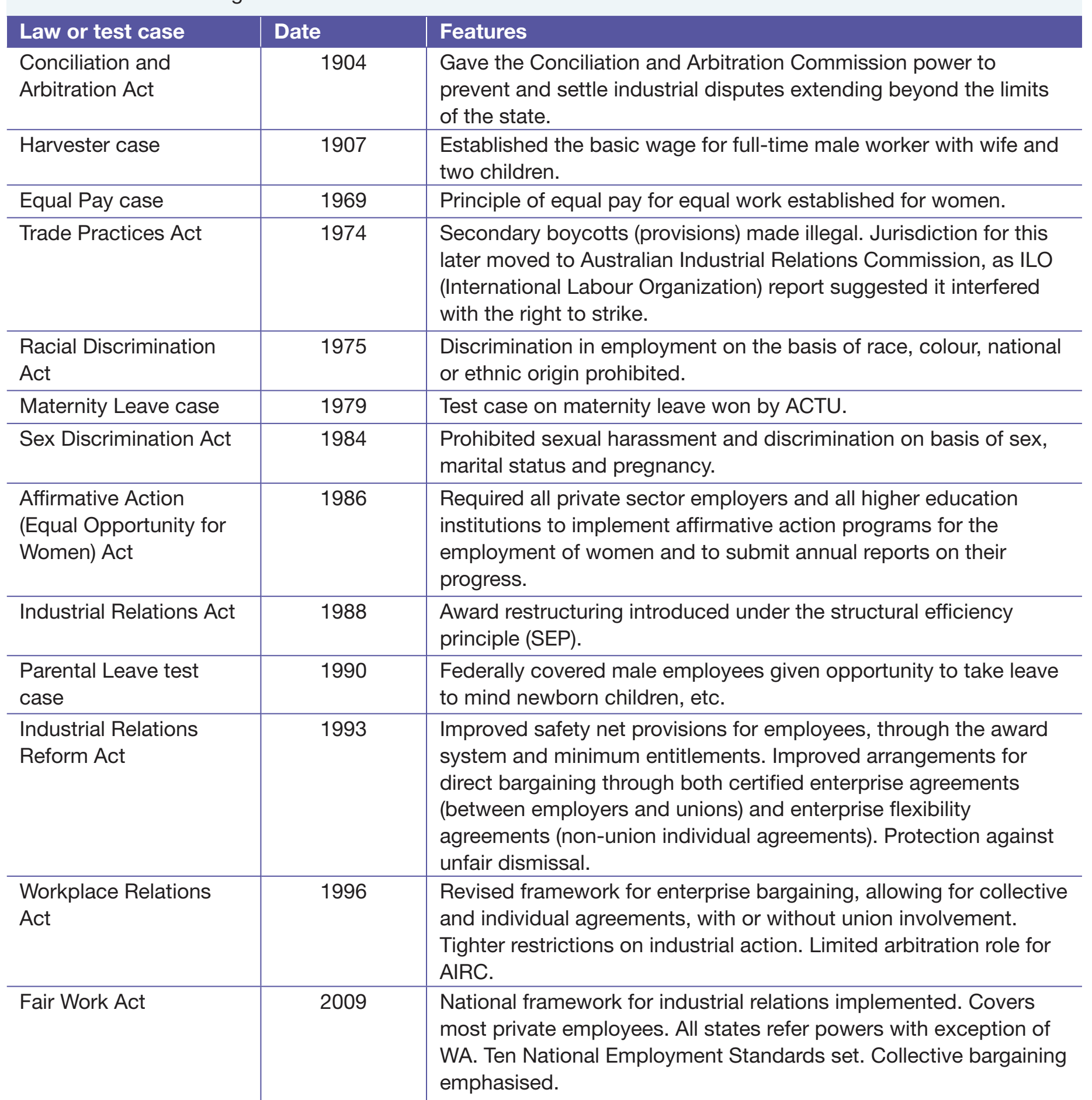
500K+ Students Use These Powerful Tools to Master ESC Rights Overview For their NSC Exams.
Enhance your understanding with flashcards, quizzes, and exams—designed to help you grasp key concepts, reinforce learning, and master any topic with confidence!
50 flashcards
Flashcards on ESC Rights Overview
Revise key concepts with interactive flashcards.
Try Business Studies Flashcards5 quizzes
Quizzes on ESC Rights Overview
Test your knowledge with fun and engaging quizzes.
Try Business Studies Quizzes9 questions
Exam questions on ESC Rights Overview
Boost your confidence with real exam questions.
Try Business Studies Questions2 exams created
Exam Builder on ESC Rights Overview
Create custom exams across topics for better practice!
Try Business Studies exam builder54 papers
Past Papers on ESC Rights Overview
Practice past papers to reinforce exam experience.
Try Business Studies Past PapersOther Revision Notes related to ESC Rights Overview you should explore
Discover More Revision Notes Related to ESC Rights Overview to Deepen Your Understanding and Improve Your Mastery
Load more notes